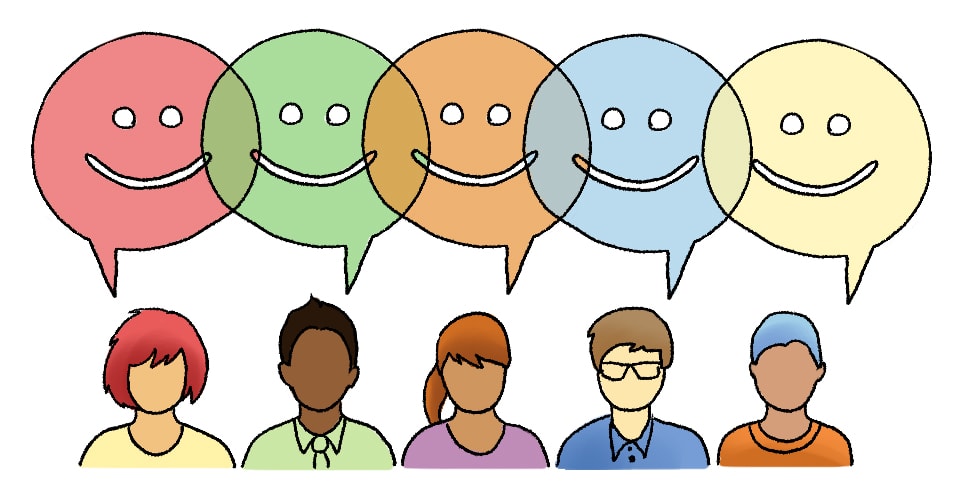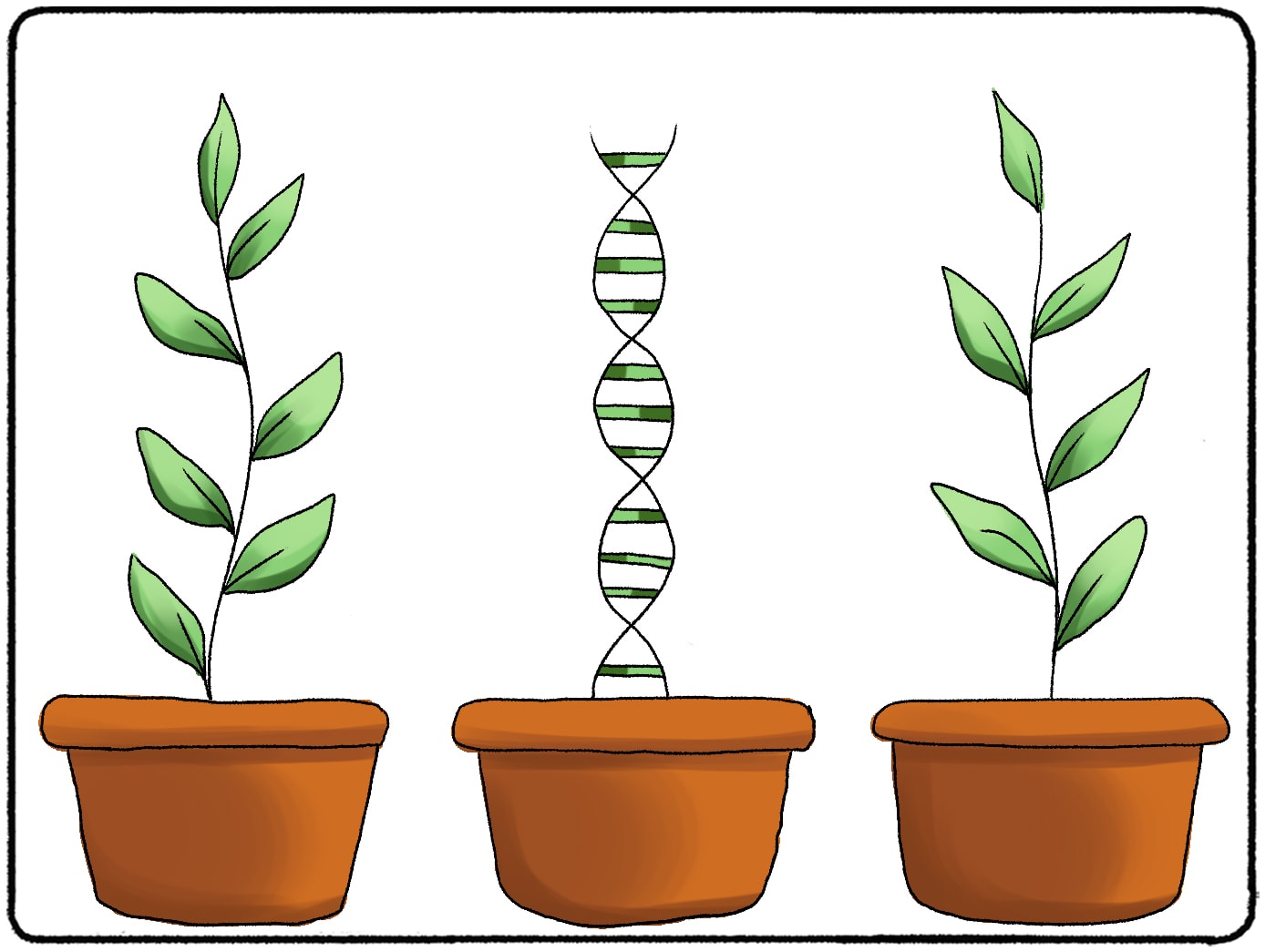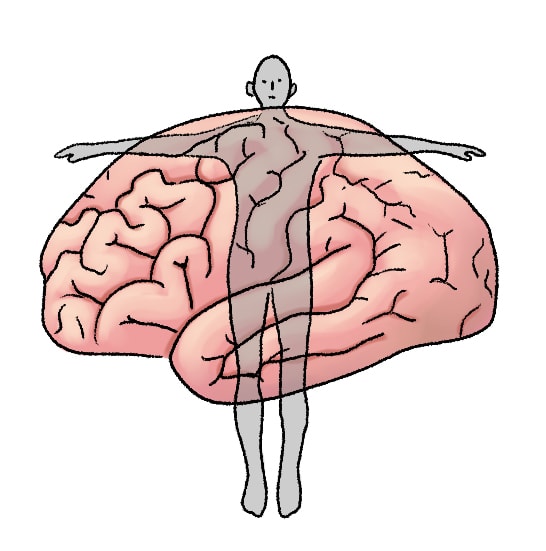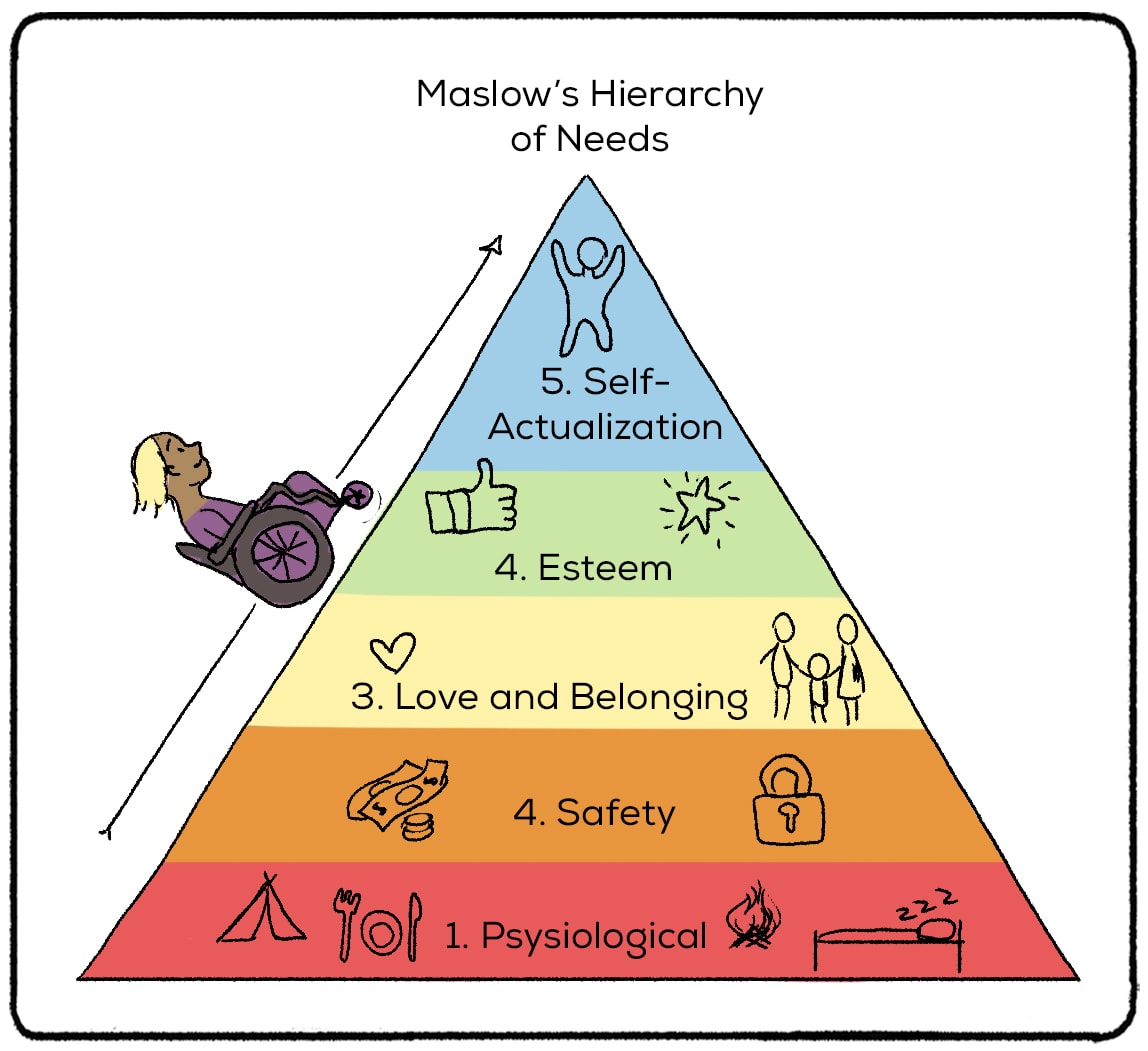There are over 7.5 billion people alive today. We live different lifestyles, have different opinions, and follow different rules in our different societies. But there are things that remain true for all 7.5+ billion people around the world. We are all born. We all grow. We all die.
Being human means we love, struggle, hope, and sometimes feel lost. We ask big questions like "Why are we here?" and "What's our purpose?" Throughout history, artists, writers, and thinkers have tried to explore and understand these feelings and questions.
In this article, we'll journey through the maze of the human experience, touching on emotions, relationships, dreams, and more. It's like a mirror reflecting what it means to be us. So, are you ready to dive deep and explore the essence of being human? Let's get started!
What Is The Human Condition?
The concept of the human condition refers to the shared experiences, emotions, and challenges that are common to all human beings, regardless of culture, race, or background. It encompasses both the positive and negative aspects of human existence, including joy, love, and fulfillment, as well as suffering, pain, and mortality.
Human condition is often confused with human nature, but human nature is just one part of the human condition. The term “human nature” refers to the traits, behaviors, and other characteristics that are natural to human beings.

Human condition is much larger than just human nature. It includes the characteristics natural to all humans, but also looks at the events that all humans go through and the moral conflicts that they face. It looks at what we do with our natural characteristics and how we use them to shape the world around us.
You may have a very different life from someone across the world. But you both show love and affection toward others. You both experience emotions like fear, happiness, or grief. While you may not agree with someone’s political views or behavior, when you look closely at the motives behind your actions, you may find that you hold similar values or want to protect similar things.
Where do these feelings come from? Why are we so similar at our core, yet so different on the surface? What is the point of being born, living, accomplishing things, making an impact, only to die?
These are big questions. You don’t have a definite answer. I don’t have a definite answer. The smartest people in the world don’t have definite answers. But contemplating these questions has been central to psychology, philosophy, art, literature, and religion. One might say that thinking about the human condition is part of the human condition.
Effect of Human Condition
It’s hard to define what the human condition is without picking specific beliefs about why humans are on this Earth. Beliefs about the human condition may influence a person’s personality or behavior. A religion’s views on the human condition, for example, may be the basis for the rules a follower of that religion lives by. If a person believes there is a higher power behind the human condition, they may be inclined to follow the teachings of that higher power.
The human condition influences psychology and what psychologists have to say about the human condition. Like religion, art, or science, psychology does not provide one answer that explains the human condition.
The Human Condition In Psychology
What drives behavior?
For some psychologists, the answer lies in human nature. Our genes influence the traits that we develop and the behaviors we display later in life.

For others, the answer can be found in the way that we are nurtured. The environment we grow up in influences the person that we become. Trauma, comfort, and relationships all play a part in how we see the world and how we see our place in it.
Nature vs. nurture is one of the great debates in psychology. All of these debates can be traced back to the human condition:
- The mind vs. body debate
- Free will vs. determinism
- Holism vs. reductionism

The list goes on and on. These debates, and our questions about the human condition, work in a cycle. We can only determine that the mind and body are separate by studying the human condition. By choosing a side of this debate, we say a lot about the human condition.
These debates are found within many approaches to psychology. These different approaches, including behaviorism or humanistic psychology, are rooted in theories about the human condition. Some of these approaches have become “outdated” and replaced with other approaches. What does this say about psychology’s view of the human condition?
Humanistic Psychology and the Human Condition
Psychology underwent a major shift, starting in the 1940s. In 1943, Abraham Maslow created a hierarchy of needs that speaks to the human condition. He believed that once our basic needs (including water, food, love, and safety) are achieved, humans can start to self-actualize.

The process of self-actualization includes personal development, growth, and fulfilling one’s true potential. While a self-actualized person is independent and accepts themselves, they may turn their focus to larger problems and begin to help others. A self-actualized person may seek the answers about the human condition, with the ability to get closer to the answers because they are fulfilled in other capacities.
This is a very positive position to be in, and Maslow’s hierarchy of needs gives us a road map to get there. It kickstarted the popularity of humanistic psychology, a so-called “third-wave” of psychology that follows the more pessimistic school so behaviorism and psychoanalysis.
Positive Psychology
Humanistic psychology is often compared to positive psychology. These two schools of thought have similar goals and views. They are both a response to behaviorism and psychoanalysis. The biggest difference between these two approaches is how they set out to study, test, and confirm their theories. While humanistic psychology relies on more qualitative data, positive psychology chooses the quantitative route.
Positive psychology is a branch of psychology that focuses on the positive aspects of human experience, including happiness, well-being, and personal growth. In the context of the human condition, positive psychology offers a framework for understanding how we can cultivate positive emotions and experiences, even in the face of adversity and challenges.
One key concept in positive psychology is the idea of resilience, which refers to the ability to bounce back from adversity and to thrive in the face of challenges. Resilience is a key aspect of the human condition, as we all face difficulties and setbacks at various points in our lives. By cultivating resilience through practices like mindfulness, gratitude, and social support, we can better navigate the challenges that life presents us with.
Ways to Explore Humanity
Psychologists, philosophers, and people have been seeking the answers to life’s biggest questions for centuries. Why not join them? Recognizing the importance of these questions is the first step to finding the answer.
Educate Yourself
People study the great philosophers to discover their thoughts on life and humanity. (Ancient Grecians had a lot of time on their hands to debate these things!) Whether it’s reading a book or attending a class on philosophy, education on the mind and humanity can give you a lot of basic information on what perspectives are out there. You might find that you agree with some philosophers. Or, you blend their perspectives together to form your own beliefs. At the very least, you’ll be able to sound very smart at parties when you discuss the world’s greatest minds!
Try New Things
The answers to the world’s biggest questions are probably not found at home. (Or maybe they are!) If you are seeking a new perspective, try new things. Travel to a foreign country. Talk to someone that you wouldn’t normally talk to. Try to live your life in the shoes of a complete stranger for a day. The more you expose yourself to, the more you will see how other humans view the world. Every individual’s perspective is so limited. There are billions of people living complex, exciting, dramatic lives. No one will be able to understand every person on this Earth, but trying new things is the best way to understand more people.
Write Out Your Experiences
How do you make sense of the world? You can think about it. You can also write it down! Our minds process emotions differently when we write them on paper versus when we sit around and think about them. Write out your experiences like you’re writing a story. What does your story say about the human condition?
Here are a few other ideas to explore humanity and experience the full human condition:
- Explore the role of culture in shaping the human condition. How do cultural beliefs and values shape our experiences and understanding of the world around us? How does culture influence our sense of identity, belonging, and purpose?
- Investigate the ways in which different individuals and groups experience the human condition differently. For example, how do experiences of race, gender, sexuality, and socioeconomic status shape our understanding of the human condition? How do these experiences intersect and influence each other?
- Reflect on the role of emotions in the human condition. How do emotions like joy, love, fear, and sadness shape our experiences and understanding of the world? How do we cope with challenging emotions like grief and anxiety?
- Examine the quest for meaning and purpose in the human condition. How do we find meaning in our lives, and what gives our lives a sense of purpose and significance? How does this quest for meaning shape our experiences of happiness, fulfillment, and well-being?
- Consider the impact of technology on the human condition. How have advances in technology changed our experiences of the world and each other? How do we navigate the challenges and opportunities presented by technology in the context of the human condition?
Quotes About the Human Condition
What do the world’s greatest psychologists, philosophers, and authors have to say about humanity? Let’s find out!
Quotes About Human Nature
“Humanity is an ocean; if a few drops of the ocean are dirty, the ocean does not become dirty.” -Mahatma Gandhi
“Whatever the mind of man can conceive and believe, it can achieve.” -Napoleon Hill
“I have learned over the years that when one’s mind is made up, this diminishes fear.” -Rosa Parks
“For every reason it’s not possible, there are hundreds of people who have faced the same circumstances and succeeded.” -Jack Canfield
“To argue with a man who has renounced the use and authority of reason, and whose philosophy consists in holding humanity in contempt, is like administering medicine to the dead, or endeavoring to convert an atheist by scripture.” -Thomas Paine
“In my view, the best of humanity is in our exercise of empathy and compassion. It's when we challenge ourselves to walk in the shoes of someone whose pain or plight might seem so different than yours that it's almost incomprehensible.” -Sarah McBride
Quotes About the Purpose of Humanity
“The sole meaning of life is to serve humanity.” -Leo Tolstoy
“Life is ours to be spent, not to be saved.” -D. H. Lawrence
“The mystery of human existence lies not in just staying alive, but in finding something to live for.” -Fyodor Dostoyevsky
“True glory consists in doing what deserves to be written, in writing what deserves to be read, and in so living as to make the world happier and better for our living in it.” -Pliny the Elder
“The cities, the roads, the countryside, the people I meet – they all begin to blur. I tell myself I am searching for something. But more and more, it feels like I am wandering, waiting for something to happen to me, something that will change everything, something that my whole life has been leading up to.” -Khaled Hosseini
“Life is difficult. Not just for me or other ALS patients. Life is difficult for everyone. Finding ways to make life meaningful and purposeful and rewarding, doing the activities that you love and spending time with the people that you love – I think that’s the meaning of this human experience.” -Steve Gleason
Books About The Human Condition
As P.T. Barnum once said, “Literature is one of the most interesting and significant expressions of humanity.” Plenty of books have been written about what it means to be a human and how to carry forth on our journeys. These are just a few favorites. Enjoy them when you’re in a philosophical mood.
“The Alchemist” by Paulo Coelho
“Ishmael” by Daniel Quinn
“Sapiens: A Brief History of Humankind” by Yuval Noah Harari
“Man's Search for Meaning” by Viktor E. Frankl
“Zen and The Art of Motorcycle Maintenance” by Robert M. Pirsig
“The Midnight Library” by Matt Haig
“Thinking, Fast and Slow” by Daniel Kahneman
“And the Mountains Echoed” by Khaled Hosseini
Overwhelmed By These Questions? Reach Out to a Professional
The main schools of thought in psychology today have a more optimistic focus. But not everyone has such positive views on the human condition and why we are on Earth. Thinking about the human condition and the nature of our existence can be overwhelming. We all experience conflicting feelings and anxiety over these topics. If this anxiety is becoming overwhelming, reach out to a professional. Today’s therapists and psychiatrists are trained to help navigate the conflicts of the human condition and put you on a path toward self-actualization.



